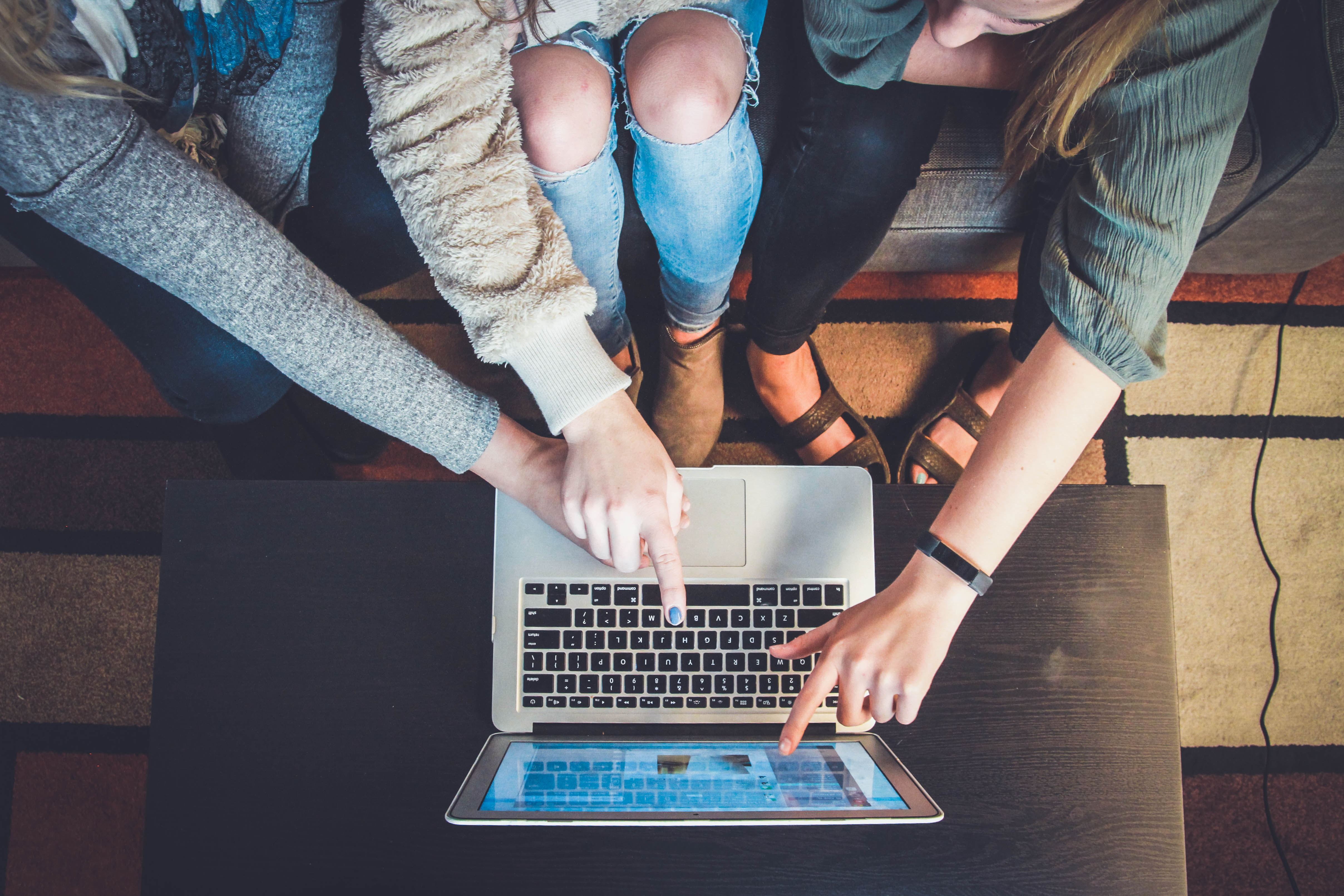Two Years Since the Facebook Whistleblower, Social Media Is More Harmful Than Ever for Young Adults

It’s been two years since a Facebook whistleblower exposed the company’s intentionally harmful practices of feeding negative messaging to young people to boost company profits. Internal company documents showed that the Facebook-owned social media platform Instagram negatively affects young users’ (particularly young girls’) mental health. And yet, as a 16-year-old teenage girl, it seems that ever since those disgusting revelations were made public, social media pressure hasn’t abated but has, in fact, grown even worse for my friends and me. And it’s not unreasonable to assume other young people everywhere are feeling the same pressures and corporate-sponsored, profit-generating insecurities, which can leave individuals feeling left out, chasing unrealistic expectations, and seeking immediate (but fleeting) gratification.
Snapchat’s “private stories” feature, for example, has created a social hierarchy among friends by giving users the option to share stories with a select subset of connections in addition to their broader group of connections. When I consider myself to be friends with someone, and yet they have not included me in the inner circle, it causes me to wonder what I’ve done wrong or why I considered myself close but they didn’t. This is a painful discovery and leads to questions such as “Why don’t they want me to see that story? Does it include me? Is it something they are keeping from me?” If we’re not as close as I thought we were, it can create a lot of doubt, confusion, and pain. To add insult to injury, Snapmaps reveal who is gathering with whom and reinforce the sense of being left out or excluded. In my high school, these two features (private stories and Snapmaps) have caused friendships to break.
Many young women I know also feel excessive pressure to post in a way that leads others to believe they have ideal lives because they feel their posts are constantly judged. I will admit I live in dread of falling behind, often feel on high alert, and strive to make certain that what I’m posting is cutting edge, trending, or in some way as good as the posts of my peers and colleagues. There is continuous pressure to keep active since the penalty for going “dark” feels severe. I understand that posting in this way is self-destructive because social media praise is not genuine, but it’s nearly unavoidable because, as a young woman in this culture, our brains are being wired into these habits. As much as I’d like to say I don’t care how many “likes” I get, the endless allure is there right before my eyes, in the palm of my hand.
What’s more, the images posted by both celebrities and people I know are wholly edited and cropped, revealing only what the poster wants the world to see. I know this, and yet I find myself comparing my posts and pictures to those seemingly perfect ones I see. I realize these photos are carefully selected, culled, and edited to show off the poster’s best side, perfect expression, or thinnest angle. Admittedly, I participate in this madness, too. Even when I think something looks cool or I am pleased with a certain photo, I still consider what others, my audience, will think before I post. I question if I am a good judge of how I look because all of the feedback I receive is from outside of myself. I do not want my mental health and sense of self to be impacted, and it is very frightening and unsettling to realize I can only feel validated by my peers and others who may be posting false photos.
There’s no question that scrolling through social media can be hypnotic, even addictive. If I’m not careful, I can get lost in time for an hour or hours scrolling on my phone, going from one post to the next, searching for something, and not quite finding it. It is calming or, more to the point, numbing. Scrolling is mindless, and I do not have to think about anything other than what is right before my eyes.
So what can young people do to protect their mental health and sense of self when the destructive aspects of social media have become so normalized? First and foremost, like any harmful addiction, limiting our exposure — the actual hours or minutes we absorb social media — is a good start. I’m experimenting with a productivity app that blocks social media sites after a cumulative daily number of hours. My goal is to reduce my daily limit and make it smaller and smaller over time, weaning myself down rather than abruptly halting. I’m also doing an increasing amount of self-reflection to really consider what I want my values to be and determine how much I am willing to work to maintain them. It’s an uphill battle with continual bombardment, and I intend to draw upon my friends as a support system to help me appreciate what’s truly important.
More articles by Category: Media
More articles by Tag: Social media


























